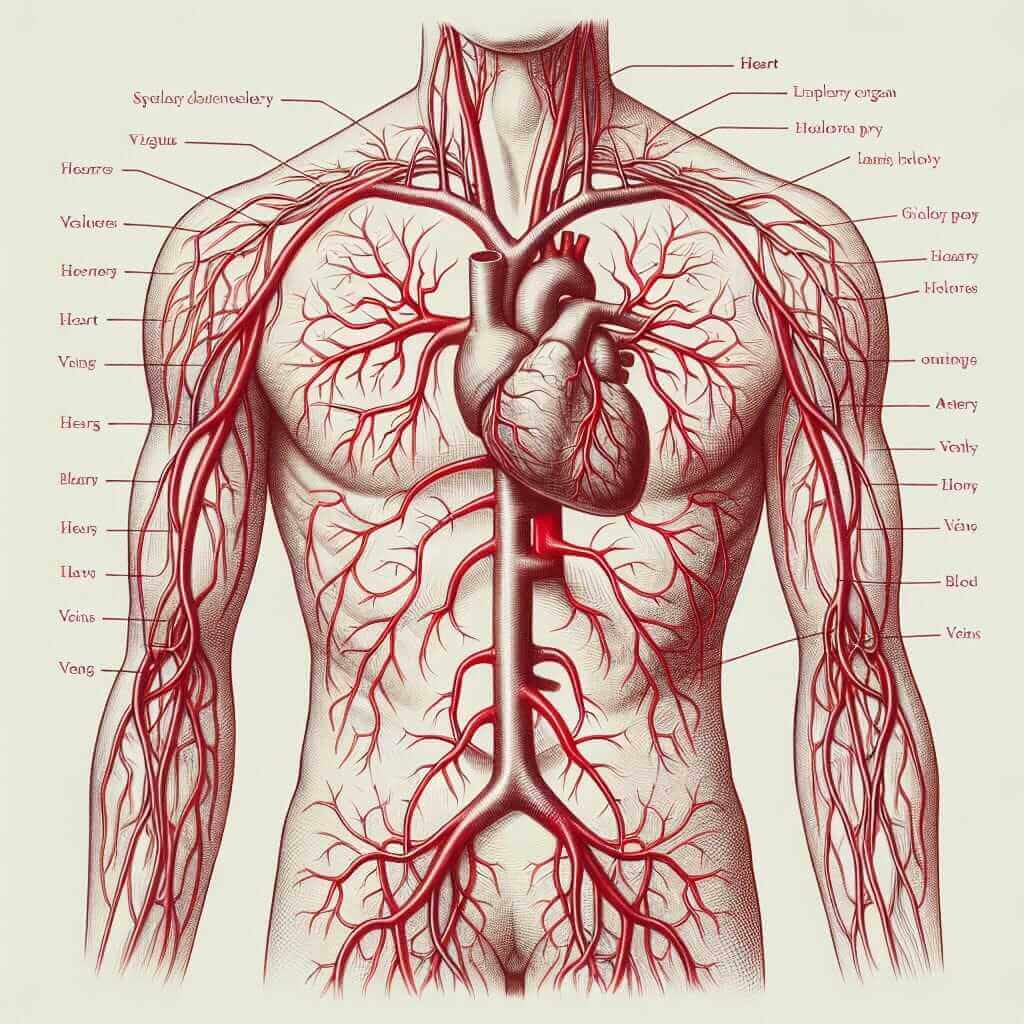The word “system” is frequently encountered in IELTS, appearing in various contexts across different sections of the exam. Understanding its meaning and usage is crucial for achieving a high score. This comprehensive guide will delve into the intricacies of “system” and its related vocabulary, providing you with the knowledge and strategies to excel in your IELTS exam.
Understanding “System”: Definitions and Synonyms
System (noun) /ˈsɪs.təm/ – a set of things working together as parts of a mechanism or an interconnecting network; a way of working, organizing, or doing something.
Here are some synonyms for “system”:
- Framework: This refers to the basic structure or plan of a system.
- Network: This emphasizes the interconnected nature of the components within a system.
- Structure: This highlights the organization and arrangement of elements within a system.
- Mechanism: This focuses on the way a system works or operates.
- Method: This refers to a systematic way of doing something.
Example: The human circulatory system is a complex network of arteries and veins that transport blood throughout the body.
<
“System” in IELTS: Contextual Usage
The word “system” frequently appears in all sections of the IELTS exam:
- Listening: You might encounter “system” in lectures discussing scientific concepts, technological advancements, or social structures.
- Reading: Passages about technology, biology, economics, or politics often utilize “system” and its synonyms.
- Writing Task 2: You might need to discuss the advantages and disadvantages of different systems, analyze the impact of systems on society, or propose solutions to systemic problems.
- Speaking: You could be asked to describe a system, explain how it works, or discuss its benefits and drawbacks.
Utilizing “System” Vocabulary in IELTS Writing
Let’s examine how to effectively incorporate “system” and its synonyms into your IELTS writing:
Example Topic: Many people believe that globalization has led to a more efficient global economic system. However, others argue that it has increased inequality. Discuss both views and give your own opinion.
Sample Response (Paragraph incorporating “system” vocabulary):
Proponents of globalization contend that it has fostered a more integrated and efficient global economic system. They argue that the free flow of goods, services, and capital has led to increased productivity, lower prices for consumers, and greater economic growth overall. This interconnected system, they believe, benefits all countries involved, albeit to varying degrees.
Collocations and Idioms
Here are some common collocations and idioms related to “system”:
- Complex system: This refers to a system with many interconnected parts and intricate relationships. (e.g., The human brain is an incredibly complex system.)
- Efficient system: A system that operates smoothly and effectively. (e.g., A well-organized public transportation system is efficient and convenient.)
- Flawed system: A system that has inherent weaknesses or problems. (e.g., The current education system is flawed and needs reform.)
- Overhaul the system: To make significant changes or improvements to a system. (e.g., The government is planning to overhaul the healthcare system.)
- The system is rigged: This idiom suggests that a system is unfair or designed to benefit only certain individuals or groups.
Conclusion
Mastering the use of “system” and its related vocabulary is essential for success in the IELTS exam. By understanding its various meanings, practicing its use in different contexts, and familiarizing yourself with related collocations and idioms, you can confidently incorporate this key vocabulary into your responses, demonstrating your language proficiency and boosting your overall score. Remember to practice regularly and pay attention to how “system” is used in different IELTS materials to maximize your learning.